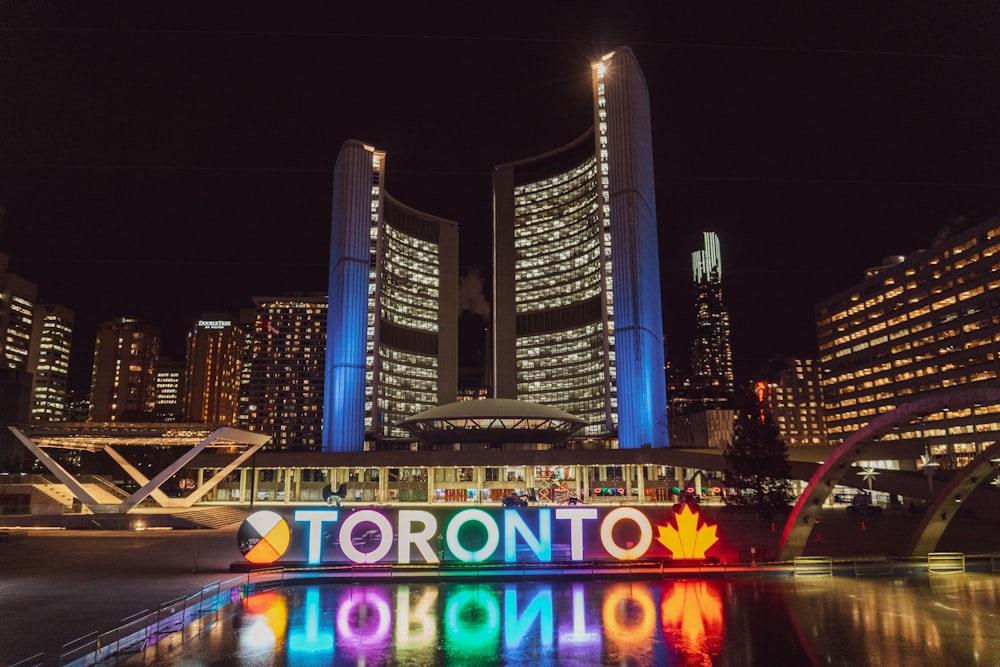Andrew Tumilty: Toronto needs to take its own democracy a lot more seriously
A $200 fee to run for mayor? You don't even have to live in the city? Come on.
By: Andrew Tumilty
You may have seen photos circulating on social media, showing the almost comically large ballots that voters will be handed in Toronto’s upcoming special mayoral byelection. It looks more like an unfurled scroll than a typical ballot. That more than one hundred candidates are running for mayor of Toronto is not a celebration of democracy, it’s an indictment of how little we respect the people democracy is meant to serve.
Toronto’s population is larger than six provinces and all three territories. Only six governments in the country have a budget that is higher than Toronto’s — one of them is the government of Canada itself.
The mayor of Toronto is a big job. It’s not little league, where everyone who wants to play should get a turn. If we want to hold our politicians to higher standards when they’re in office, we can start by setting higher standards for who is allowed to run for office.
To qualify to run, candidates do not even have to live in Toronto. Being either the owner or tenant of land in Toronto — or even just the spouse of someone who does — is apparently good enough. That is, quite simply, absurd.
There are nearly three million people who live in Toronto. Those people rely on any number of critical services as residents and deserve someone as mayor who does too.
The next step on a potential candidate’s journey does require some actual commitment, Roughly the same that one would need to organize a large dinner party. To officially register as a candidate, requires the signatures of 25 people, and a $200 filing fee.
That’s it. Fewer people than it takes to fill a city bus, and not much more than all of them would have collectively paid to take it.
Contrast Toronto’s requirements with the demands on potential candidates running for the Ontario Liberal leadership. Candidates for leader need a minimum of 250 signatures, and there is an entry fee of $100,000. Even the initial payment required to start is $5,000 — 25 times the limit Toronto has set.
The winner of that contest will have none of the power that the mayor of Toronto wields and won’t even be leader of a party with official status in the province’s legislature. Still, there are substantial requirements for anyone interested in running, because the party is seeking a leader of substance.
A credible campaign for mayor in Toronto needs to be able to fundraise somewhere in the neighborhood of $1 million. Asking potential candidates to commit one-tenth of one per cent of that figure — better known as $1,000 — seems reasonable.
Likewise, having more than 25 people willing to support your nomination with a signature should not be an undue burden. If you cannot find 100 people to put their name down in support of your campaign, why on Earth should anyone think you are capable of leading a city of nearly three million people?
Some would no doubt say that raising the threshold for a candidate is elitist, anti-democratic, and stifling debate. Maybe, but if forced to favour the voters or the candidates, the electoral process ought to show greater deference to the former.
There are no shortage of outlets for a potential candidate to reach the public if they cannot meet stricter standards for the nomination. If they make those appeals and still fall short of the requirements, then the people will have indeed spoken and there is nothing anti-democratic about that.
What is a challenge for democracy is when the leader of a city like Toronto gets elected with less than 20 per cent of the potential vote, because what constitutes a plurality of voters is so low that the word loses all meaning. That could very well be where Toronto’s election is heading, and if only one out of every five voters is responsible for putting the mayor in office, how are the other 4 supposed to see that mayor as anything but an elitist?
Democracy is best served by an informed and engaged electorate. That electorate deserves a fighting chance at being informed by presenting them with credible choices. Voters deserve to know that the people asking for their vote are serious about what they would do with it, and not simply adding a headline to their resume or engaging in shameless self-promotion.
Finding better politicians who will respect the office they serve starts by demonstrating it is an office worthy of respect. Opening such an important race to anyone with $200 and a few friends that can sign their name doesn’t show respect for the office, the voters, or the hardworking people behind serious campaigns.
Toronto is a world-class city. The requirements for someone to lead it shouldn't sound like they were drafted for the mayor of Grover's Corners.
Andrew Tumilty has crafted strategic communications on election campaigns for all three orders of government, and was war room director to John Tory in 2018 and 2022. He is a senior consultant for strategic communications and issues management with Enterprise Canada in Toronto. Follow him on Twitter at @AndrewTumilty
The Line is Canada’s last, best hope for irreverent commentary. We reject bullshit. We love lively writing. Please consider supporting us by subscribing. Follow us on Twitter @the_lineca. Fight with us on Facebook. Pitch us something: lineeditor@protonmail.com

